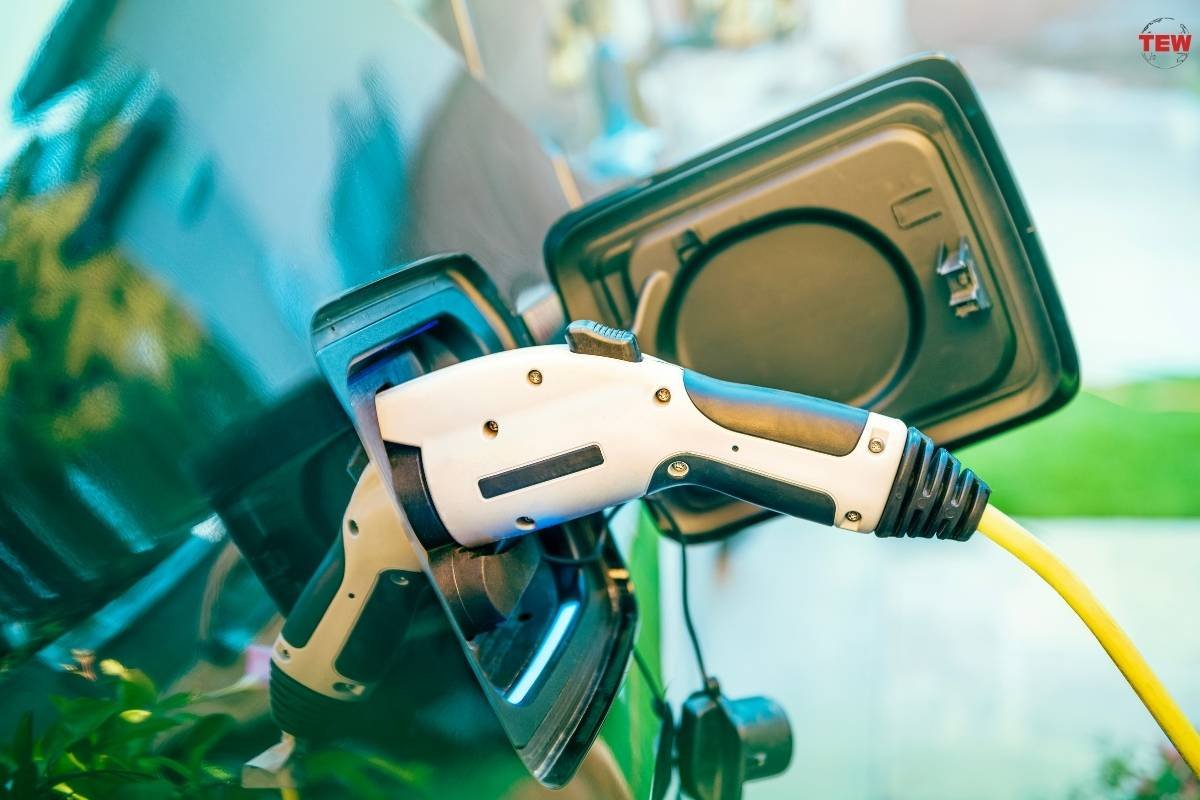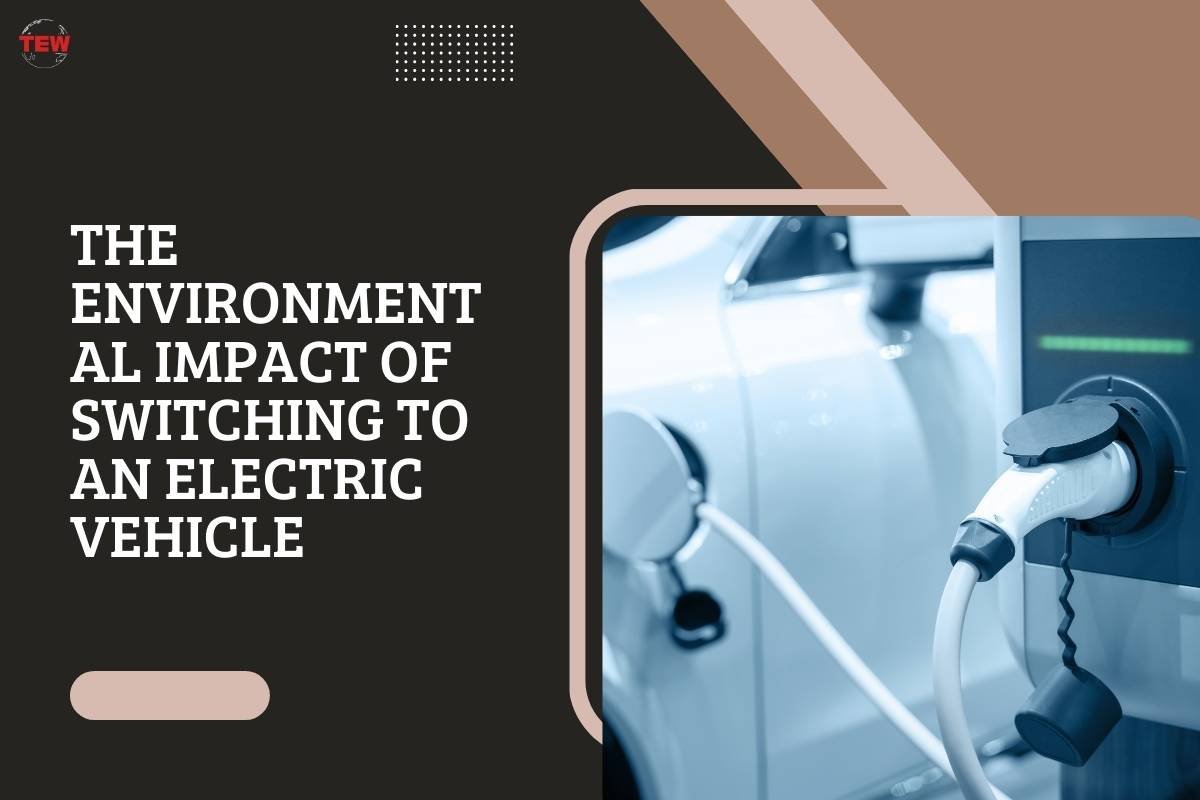As more people begin to take notice of the ever-worsening global climate crisis, a switch to more sustainable methods is paramount. Among these sustainable methods is the adoption of more sustainable cars, such as electric vehicles, to replace conventional internal combustion engines.
The Journey to Electric Vehicles
Yet, the decision to switch from a traditional petrol or diesel vehicle to an electric one isn’t an easy business. The cost of purchasing an electric vehicle (EV) is steep for many people. This is where the innovative financial solution of an electric car lease comes into play. Economically, it bridges the cost gap, facilitating the journey to cleaner, more sustainable transportation.
While electric vehicles aren’t a panacea for all environmental challenges we face, they do play a significant role in reducing our carbon footprint. This article seeks to bring to light the environmental repercussions of making switching to an electric vehicle.
Lower Emission of Greenhouse Gases

One of the most notable environmental benefits of switching to an electric vehicle is the dramatic reduction in greenhouse gas emissions. Traditional vehicles emit a significant amount of carbon dioxide, a major greenhouse gas. In contrast, electric vehicles produce little to no tailpipe emissions, leading to cleaner air and less contribution to climate change. Even when the emissions from the electricity production required to charge these vehicles are taken into account, EVs still generate considerably less carbon dioxide.
Use of Renewable Energy Sources
Electric vehicles may run on energy derived from a range of sources which could be both renewable and non-renewable. However, the advantage lies in the increasing capacity to use renewable sources like wind, solar, and hydroelectric power. As the grid becomes cleaner, EVs will leave an even smaller carbon footprint, contributing positively to global climate goals.
Recyclability and Sustainability
Another advantage to the adoption of electric vehicles is their recyclability. The battery of an electric vehicle, sometimes painted as a villain due to the energy-intensive and pollution-causing process of its manufacture, can be recycled. Advanced technologies allow the extraction of metals like cobalt, lithium and nickel from used batteries, helping reduce the emissions of the battery production process and add to the sustainability of electric vehicles.
Local Air Quality Improvement

Switching to an electric vehicle won’t just help combat global climate change. It will also bring benefits closer to home. Traditional vehicles emit harmful substances like nitrogen dioxide and particulates which are detrimental to local air quality. By eliminating these emitters through the adoption of EVs, we can ensure cleaner, healthier air for our local communities.
Implications for Future Sustainability
However, are electric vehicles the ultimate solution to our environmental crisis? The answer, sadly, is no. Though electric vehicles contribute to sustainability and environmental preservation, there are still significant challenges with regard to their production and disposal. We still have a long way to go in terms of battery production and disposal, reliance on rare metals, electricity usage, and sourcing genuinely green power.

Conclusion:
Despite the obstacles, switching to an electric vehicle presents a step forward in the right direction for combating climate change. They provide a viable alternative for consumers, allowing the reduction of carbon emissions and contributing to local air quality.
In the move towards a greener future, electric vehicles, along with other forms of sustainable transportation, will be key. Finding the right balance between affordability, availability of facilities, and environmental implications is crucial. In the journey towards a more sustainable future, electric vehicles are a requisite pit stop. The road ahead may be long and twisted, but each electric vehicle on it is proof that we’re heading the right way.




